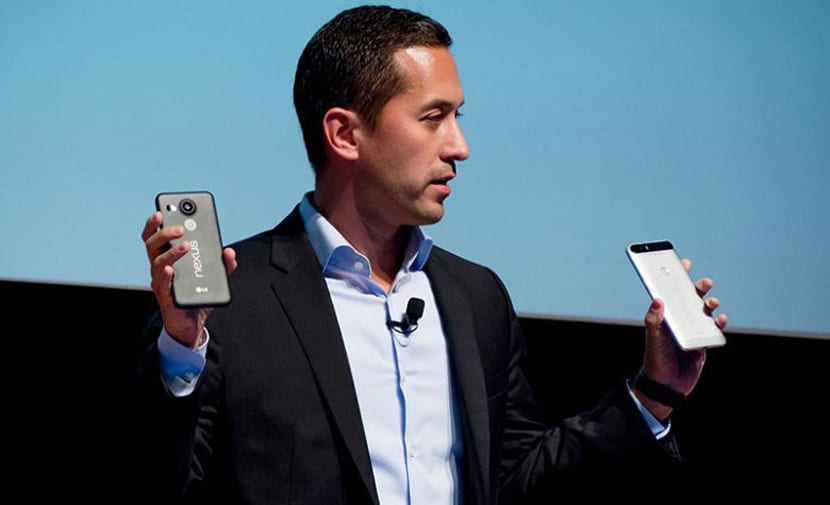
A few months ago they started rumors arise about the possibility that there would be a possible convergence between Android and ChromeOS in 2017. Andromeda was the OS that would come out of that merger in order to undertake the future that is expected for the operating system for Google devices, more related to the desktop format than its own origin for smartphones and tablets.
Hiroshi Lockheimer, responsible for Android, ChromeOS and Chromecast, mentioned today in a podcast, that the rumors that arose about the option to merge Android and ChromeOS they are false. So that option of being able to install Andromeda at some point will have to wait for the future, which at the moment seems more unlikely than anything else.
In that podcast, Lockheimer was asked about what is the difference between ChromeOS and Android for the person who is not used to being an expert with technology and uses it for the most everyday tasks such as WhatsApp, Facebook and others. Lockheimer says the key difference between the two is how they got started and how they operate compared to each other.
While Android saw its beginning with phones and then expanded to tablets, watches, TVs, and more, ChromeOS started its journey as a laptop operating system that is always up to date. Chrome OS has been hugely successful in the education sector, but it hasn't gained much traction among the general public against Microsoft's Windows.
The general reason for two successful products to converge into one it would not have much reason to be for Google, and that is why the two are kept separate. In order to alleviate the availability of Android apps on ChromeOS devices, it maintains that the apps were available on Chrome devices so that both could be more successful and could be combined with each other.